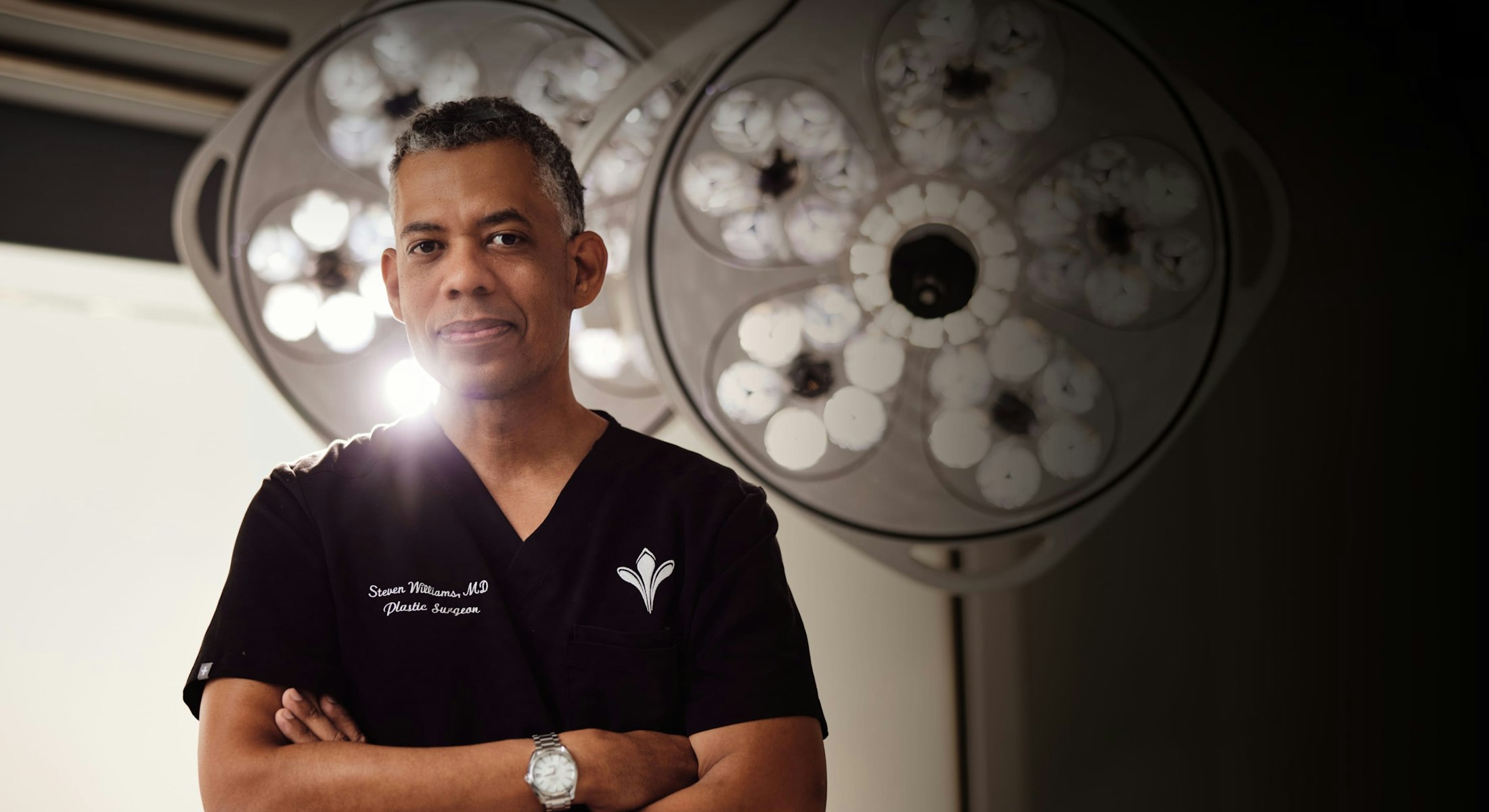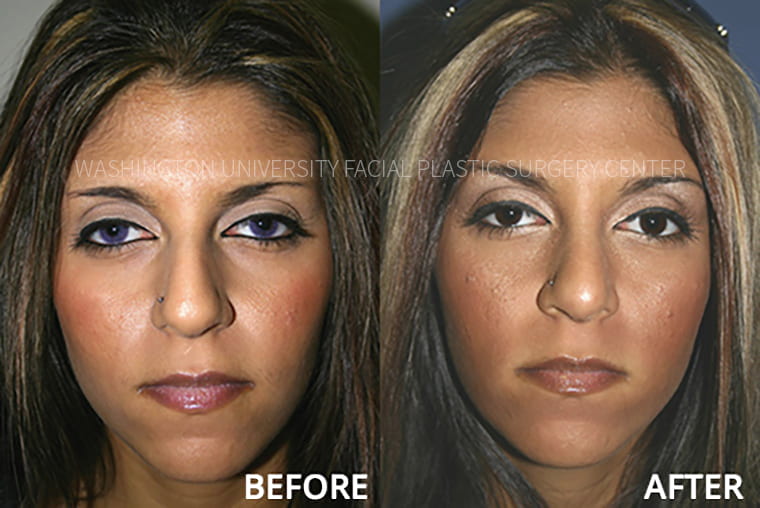Plastic Surgery Inland Empire: Trusted Professionals for Magnificent Aesthetic Results
Plastic Surgery Inland Empire: Trusted Professionals for Magnificent Aesthetic Results
Blog Article
Investigating the Mental and Social Aspects That Drive Individuals to Take Into Consideration Plastic Surgery as a Method of Renovation
The decision to seek cosmetic surgery frequently prolongs past mere aesthetics, intertwining with emotional and social characteristics that merit complete assessment. Factors such as self-confidence, pervasive societal appeal requirements, and the prevalent influence of social media sites merge to shape specific motivations for surgical improvement. As these influences end up being significantly popular, understanding the underlying psychological and social contexts is important. What stays to be discovered is the profound effect these variables have not only on personal identification but additionally on broader social norms and values bordering elegance and acceptance.
The Function of Self-confidence
Self-confidence considerably influences a person's choice to go after cosmetic surgery. Individuals with reduced self-worth frequently regard themselves in an unfavorable light, resulting in feelings of insufficiency concerning their physical look. This negative self-perception can drive them to seek medical interventions as a method of improving their self-image. The need for improvement in one's look is often linked to an idea that such changes will boost their overall self-respect and confidence.

Inevitably, the role of self-esteem in the decision-making procedure pertaining to plastic surgery highlights the complicated interaction between body image, personal complete satisfaction, and mental health. Understanding this connection is crucial for medical care experts to make certain that clients are making informed decisions rooted in reasonable expectations and psychological wellness.
Social Appeal Requirements
Influenced by prevalent media representations and cultural narratives, societal elegance criteria play an essential duty in forming individuals' assumptions of their own bodies. These standards are usually defined by an idealized form of elegance that highlights qualities such as slimness, youthfulness, and symmetry. As these perfects are continued through different networks, consisting of advertising, film, and tv, people regularly internalize these messages, bring about discontentment with their natural look.
The ramifications of these social norms prolong past aesthetic choices; they can affect self-esteem, mental health, and interpersonal relationships. People who view themselves as disappointing these criteria might experience sensations of insufficiency, prompting a desire for cosmetic surgical procedure as a way of attaining societal authorization. This pursuit is frequently fueled by the belief that adapting these suitables will certainly enhance not just physical appearance yet additionally social standing and personal satisfaction.

Influence of Social Network
The influence of social beauty standards is additional enhanced by the rise of social media sites systems, where curated photos and idyllic representations of beauty are common. Customers are frequently subjected to filteringed system and edited photos, which usually show unattainable physical characteristics. This direct exposure cultivates a society of comparison, leading individuals to assess their very own look versus these frequently unrealistic benchmarks.
Social media influencers and stars frequently advertise cosmetic procedures, normalizing the idea that medical enhancements are a practical ways for accomplishing social perfects (plastic surgery rancho cucamonga). The exposure of these enhancements try this web-site can develop an assumption that undergoing plastic surgery is a conventional technique, therefore influencing individuals to consider similar treatments as a pathway to boosted self-esteem and social acceptance
In addition, the interactive nature of social networks allows for immediate feedback with sort and comments, further enhancing the desire to adapt to prominent elegance criteria. Such interactions can worsen feelings of inadequacy and drive individuals toward plastic surgery as a way of obtaining recognition. Ultimately, social networks plays a critical function in shaping perceptions of appeal, which significantly influences the decision-making procedures bordering cosmetic surgery.

Cultural Point Of Views on Look
Throughout various societies, assumptions of appearance are deeply rooted in historical, social, and economic contexts, shaping individuals' sights on charm and charm. In several cultures, appearance acts as a considerable pen of identification, affecting social standing, professional opportunities, and personal partnerships. For instance, in some societies, light skin is typically linked with wide range and benefit, while others might idealize darker skin tones as symbols of strength and authenticity.
Furthermore, typical beauty standards are often continued via cultural narratives, media depictions, and household affects, bring about varying ideals across various areas (plastic surgery rancho cucamonga). In Western cultures, the focus on young people and physical health and fitness typically drives people towards cosmetic enhancement, while in specific Eastern cultures, even more subtle modifications straightened with standard appearances might be chosen
Globalization and the proliferation of electronic media have additionally made complex these characteristics, developing a hybridization of beauty perfects that goes beyond geographical boundaries. As people significantly browse these cultural narratives, the stress to satisfy certain appearance requirements can bring about the wish for plastic surgery, reflecting a complicated interplay of personal ambitions and cultural values. Understanding these social perspectives is crucial in dealing with the motivations behind plastic surgery factors to consider.
Emotional Influences of Plastic Surgery
Numerous people seeking plastic surgery record experiencing extensive psychological influences that can considerably alter their self-perception and psychological moved here health - plastic surgery rancho cucamonga. The desire for physical enhancement frequently comes from underlying problems such as low self-confidence, body dysmorphic problem, or social stress regarding charm requirements. For some, the instant post-operative phase can result in a short-lived increase in self-confidence and fulfillment with their appearance, fostering a sense of empowerment
Nonetheless, these positive sensations might not be withstanding. Study suggests that while some clients experience improved self-esteem, others may deal with intense anxiety or anxiety if their assumptions are not satisfied. This disparity can arise from impractical ideals perpetuated by media depiction and cultural narratives surrounding charm.
In addition, the mental implications of cosmetic surgical treatment prolong past the individual. Relationships with friends and family may be stressed as social dynamics shift, leading to sensations of seclusion or alienation. Ultimately, the psychological influences of cosmetic surgical treatment are complex and complex, requiring careful factor to consider by both prospective clients and healthcare providers to make sure educated decision-making and realistic expectations.
Conclusion
Finally, the choice to pursue cosmetic surgical treatment is substantially affected by a mix of self-worth concerns, societal charm requirements, and social viewpoints on appearance. The pervasive reach of social media further aggravates these stress, promoting impractical ideals that people usually make every effort to acquire. Comprehending these social and mental factors is vital for resolving the motivations behind cosmetic surgery, highlighting the need for a much more nuanced conversation bordering charm and self-acceptance in click modern culture.
The decision to go after cosmetic surgical procedure often prolongs beyond plain appearances, linking with emotional and social characteristics that warrant thorough assessment. Inevitably, social media plays an essential duty in forming understandings of elegance, which considerably influences the decision-making procedures bordering cosmetic surgery.
As individuals progressively browse these social narratives, the pressure to adapt to certain appearance criteria can lead to the need for cosmetic surgical treatment, reflecting an intricate interplay of social worths and personal ambitions.In conclusion, the decision to go after cosmetic surgical treatment is considerably influenced by a combination of self-esteem issues, social charm standards, and social perspectives on look. Recognizing these psychological and social aspects is vital for dealing with the motivations behind cosmetic surgery, highlighting the demand for a much more nuanced conversation bordering charm and self-acceptance in modern culture.
Report this page